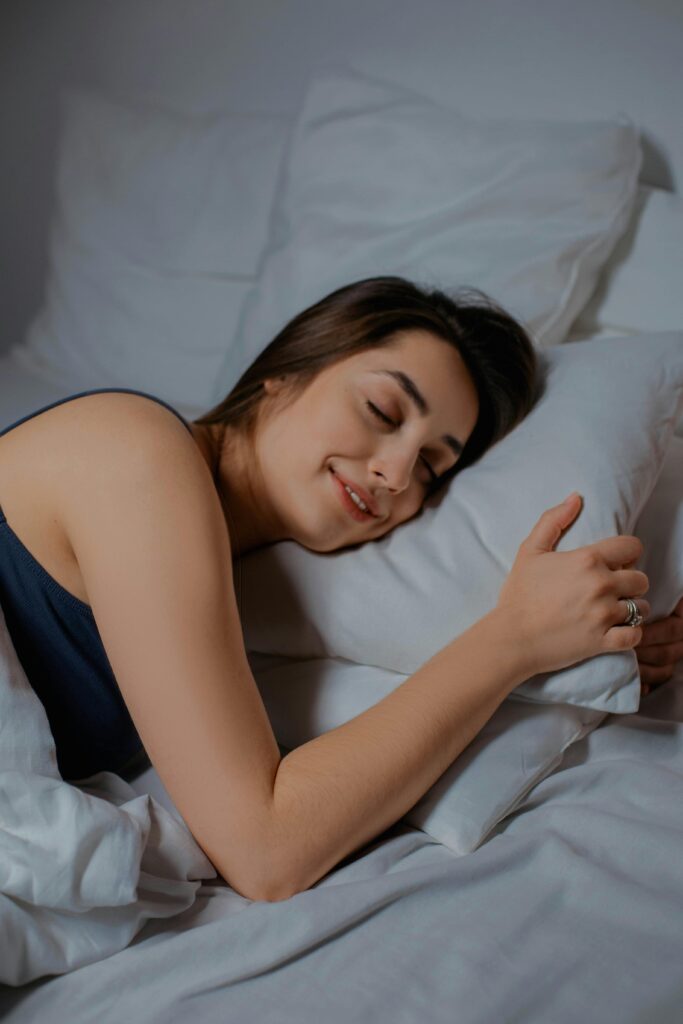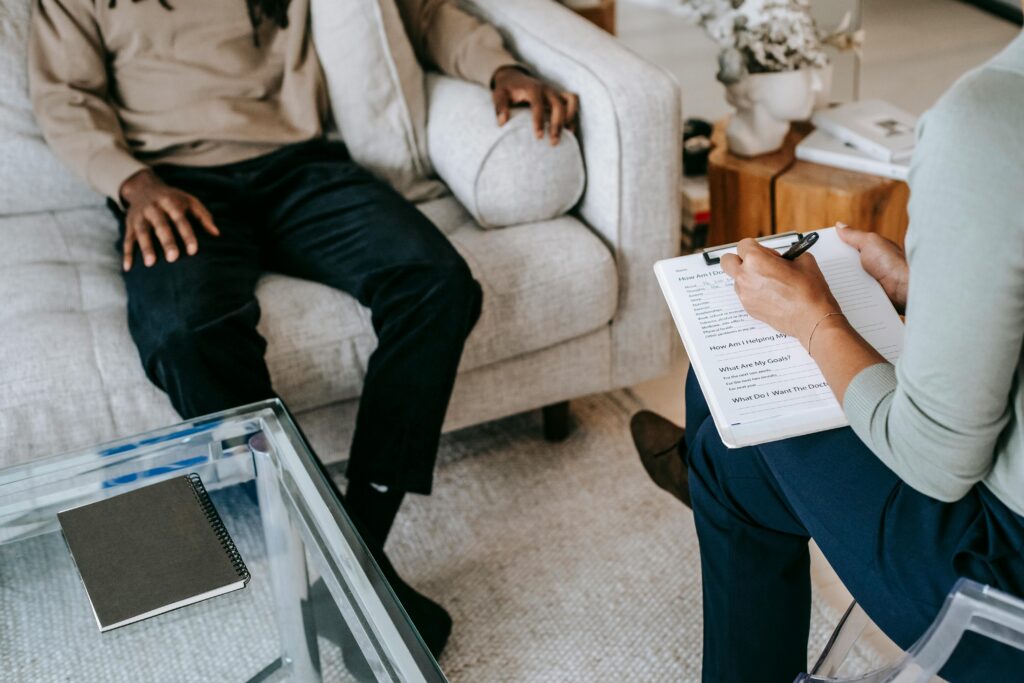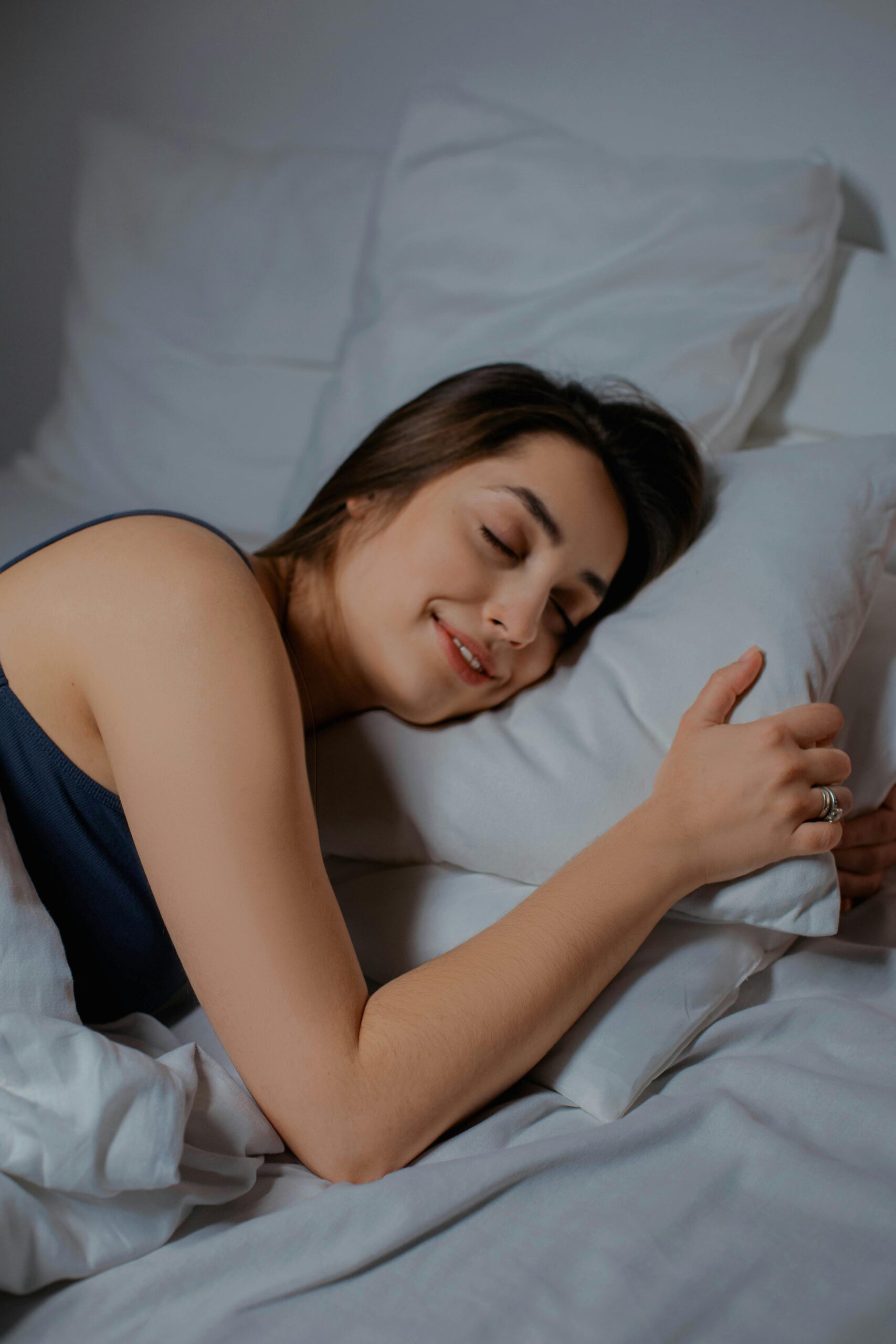Meta Description: Many patients with sleep apnea are misdiagnosed for years—often labeled with depression, anxiety, or chronic fatigue. Learn why this happens and how to get the right diagnosis.
Introduction
Imagine feeling exhausted every morning, struggling with brain fog, and being told you’re just “stressed” or “getting older.” For millions, this is the reality of undiagnosed sleep apnea—a condition frequently mistaken for other health issues.
Why does this happen? And how can you avoid years of unnecessary suffering? This article explores the shocking reasons sleep apnea is misdiagnosed, the conditions it’s confused with, and how to advocate for proper testing.

Why Sleep Apnea Gets Misdiagnosed
Sleep apnea is often overlooked because its symptoms mimic other common conditions. Here’s why doctors miss it:
1. Symptoms Overlap with Mental Health Disorders
- Fatigue & low energy → Misdiagnosed as depression
- Irritability & mood swings → Mislabeled as anxiety
- Poor concentration → Mistaken for ADHD
2. Silent or “Atypical” Cases
- Not everyone with sleep apnea snores loudly (especially women).
- Thin or non-obese patients are often dismissed because apnea is wrongly associated only with excess weight.
3. Doctors Don’t Ask About Sleep
- Many physicians focus on daytime symptoms without connecting them to nighttime breathing issues.
- Patients rarely mention snoring or gasping because they don’t remember it.
4. Home Sleep Tests Aren’t Always Accurate
- Mild or positional apnea can be missed in at-home tests (vs. in-lab sleep studies).

Conditions Commonly Confused with Sleep Apnea
| Misdiagnosis | Why It’s Mistaken | Key Differences |
|---|---|---|
| Chronic Fatigue Syndrome | Extreme tiredness, brain fog | Sleep apnea improves with CPAP; CFS doesn’t. |
| Depression | Low energy, mood changes | Depression meds won’t fix apnea-related fatigue. |
| Hypothyroidism | Fatigue, weight gain | Blood tests rule this out; apnea requires a sleep study. |
| Insomnia | Trouble staying asleep | Insomnia patients are aware of wake-ups; apnea sufferers often aren’t. |
| GERD (Acid Reflux) | Nighttime choking | Reflux meds help GERD but not apnea-induced awakenings. |
Red Flags You’ve Been Misdiagnosed
You might have sleep apnea (not another condition) if:
✔ You wake up exhausted despite “sleeping” 8+ hours.
✔ Your partner notices breathing pauses or loud snoring.
✔ You have high blood pressure that’s hard to control.
✔ You nod off unintentionally during the day (e.g., while driving).
✔ Antidepressants or stimulants don’t help your fatigue.
How to Get the Right Diagnosis
1. Ask for a Sleep Study
- Polysomnography (in-lab) is the gold standard.
- If denied, request an at-home test (though it may miss mild cases).
2. Track Your Symptoms
- Use a sleep diary or app (like SnoreLab) to record snoring/gasping.
- Note daytime fatigue, headaches, and mood changes.
3. See a Sleep Specialist
- Primary care doctors often miss apnea; sleep medicine doctors are trained to spot it.
4. Rule Out Other Causes
- Get bloodwork to exclude thyroid issues, anemia, or vitamin deficiencies.

Real Stories: Patients Who Were Misdiagnosed
Case 1: “They Said It Was Just Anxiety”
- Sarah, 38 – Told for years her exhaustion was due to “stress.” Finally diagnosed with mild sleep apnea after a home test. CPAP therapy restored her energy.
Case 2: “My Doctor Blamed Menopause”
- Linda, 52 – Treated for hormonal fatigue until a sleep study revealed severe apnea. Her “brain fog” vanished with treatment.
Case 3: “I Was Told to Lose Weight”
- Mark, 45 – A thin, athletic man whose apnea was ignored until he developed heart palpitations.

Frequently Asked Questions (FAQ)
1. Can children be misdiagnosed with ADHD when it’s really sleep apnea?
Yes! Kids with apnea often show hyperactivity or poor focus—mimicking ADHD. Tonsil/adenoid issues are a common cause.
2. I don’t snore—could I still have sleep apnea?
Absolutely. “Silent” apnea (especially in women) often goes undetected.
3. How long does it take to get a proper diagnosis?
With a sleep study, 1-2 weeks. Without one, patients often suffer 5+ years before finding answers.
4. Will treating sleep apnea fix my other symptoms?
Many patients see improved mood, energy, and blood pressure within weeks of starting CPAP.
Final Thoughts
Sleep apnea is one of medicine’s most underdiagnosed conditions—but you don’t have to stay trapped in fatigue and frustration. If your “depression,” “chronic fatigue,” or “insomnia” isn’t improving, demand a sleep study.
Don’t wait years for answers. Find a sleep clinic near you and take control of your health today.
Sources:
